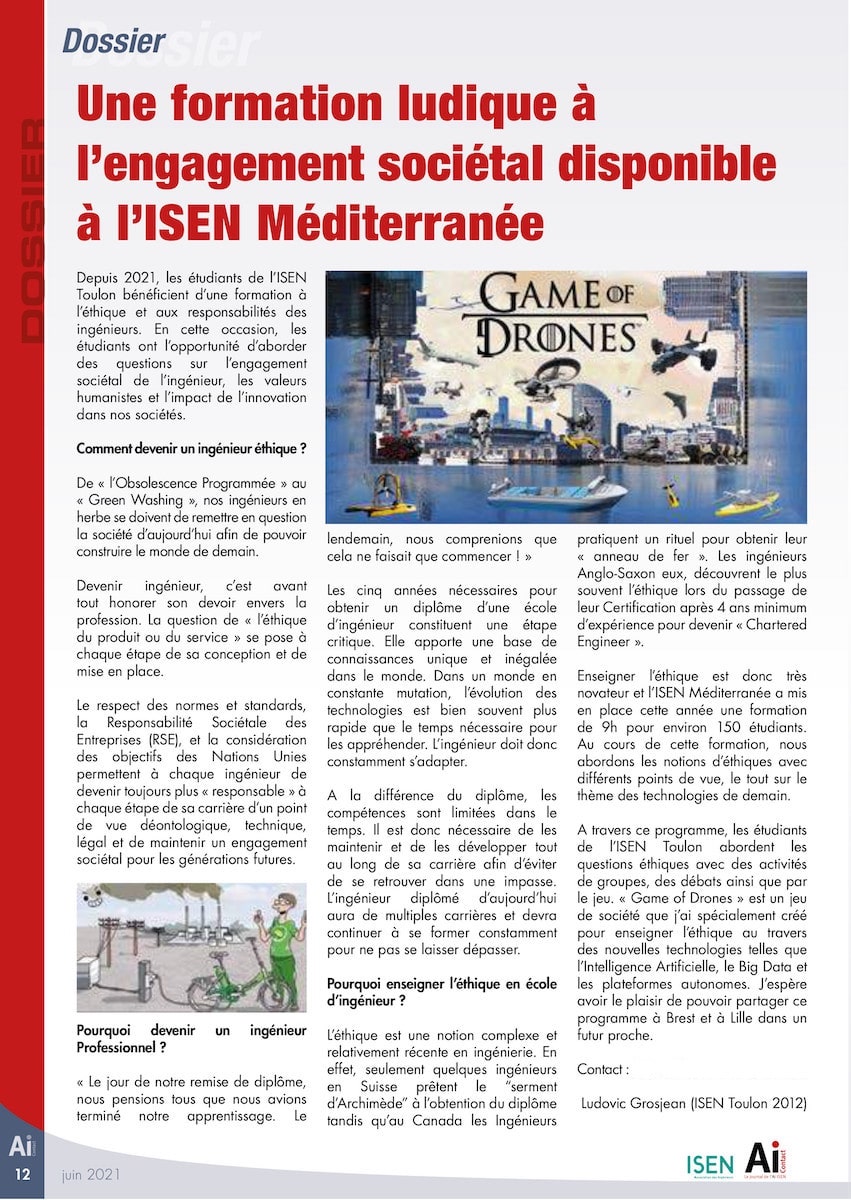The Ethics Of Social Responsibility In Civil Engineering Practice

Engineering is a prestigious profession that requires expertise and precision. It is the art of applying scientific, economic, social, and practical knowledge to design and create materials, structures, machines, and systems that improve the quality of human lives. Engineering also plays a significant role in building and maintaining sustainable societies.
However, engineering also involves ethical dilemmas and corporate social responsibility (CSR) issues that need to be addressed. And, teaching engineering ethics and CSR is critical for future engineers to understand professional and social standards that go beyond technical skills.
In this writing, we will explore teaching engineering ethics and CSR in detail.
Introduction
Engineering ethics is the set of moral principles and values that govern the decisions and actions of engineers. Ethics in engineering involves reflecting on the social, economic, environmental, and political impact of engineering projects, products, and services.
Engineering decisions impact the safety, health, privacy, and security of people and the natural environment. Therefore, teaching engineering ethics is essential to help students comprehend the broader social and environmental context of their work. Moreover, It helps in integrating ethical considerations into the engineering process from the beginning until the completion of a project.
Why Teach Engineering Ethics and Corporate Social Responsibility(CSR)?
Teaching engineering ethics and CSR is important because:
- It provides engineers with a holistic perspective of their profession beyond technical skills.
- It creates a culture of ethical and socially responsible behavior in engineering organizations.
- It strengthens the reputation and trust of the engineering profession among stakeholders and society.
- It helps to prevent human and environmental harm due to engineering errors or misconduct.
How to Teach Engineering Ethics and CSR?
Teaching engineering ethics and CSR requires a unique approach that encompasses a combination of technical, social, and ethical skills. Here are some guidelines for teaching engineering ethics and CSR:
- Start with case studies that highlight the ethical and social implications of engineering.
- Provide opportunities for students to reflect on their values, beliefs, and responsibilities as future engineers.
- Integrate ethics and CSR into engineering courses as a cross-cutting theme.
- Incorporate ethical decision-making frameworks and tools into the engineering process.
- Invite engineers with practical experience in ethics and CSR to share their experiences and insights with students.
- Create opportunities for student competitions and projects to promote ethical and socially responsible engineering innovations.
Frequently Asked Questions about Teaching Engineering Ethics and CSR
Here are some of the frequently asked questions about teaching engineering ethics and CSR:
What are some of the practical benefits of teaching engineering ethics and CSR to engineering students?
Teaching engineering ethics and CSR to engineering students can provide practical benefits such as:
- Reducing legal and financial risk due to ethical and social misconduct.
- Improving the quality, safety, and environmental sustainability of engineering products and services.
- Enhancing the professional development and employability of engineers who can integrate ethical and social considerations into their work.
Can ethics and CSR be incorporated into the technical curriculum in engineering education?
Yes, ethics and CSR can be incorporated into the technical curriculum in engineering education by:
- Integrating relevant ethical and social issues into technical courses as a cross-cutting theme.
- Providing opportunities for students to work on projects that address ethical and social challenges in engineering.
- Incorporating ethical decision-making frameworks and tools into engineering courses.
How can I assess the effectiveness of my teaching of engineering ethics and CSR?
You can assess the effectiveness of your teaching of engineering ethics and CSR by:
- Developing learning outcomes and assessment criteria that align with your teaching goals.
- Evaluating student performance in areas such as identifying and analyzing ethical issues, making ethical decisions, and communicating ethical and social considerations in engineering.
- Soliciting feedback from students, industry practitioners, and academic peers on the quality and relevance of your teaching methods and materials.
What are the challenges of teaching engineering ethics and CSR?
Some of the significant challenges of teaching engineering ethics and CSR include:
- The perception that ethics and social responsibility are unimportant or less critical than technical skills.
- Resistance from students who do not see the relevance of ethics and social issues in engineering.
- The lack of practical experience and guidelines for integrating ethics and social responsibility into engineering projects and organizations.
- The difficulty of assessing the efficacy of teaching ethics and CSR due to the complexity and subjectivity of ethical and social challenges in engineering.
Conclusion
Teaching engineering ethics and CSR is essential for the education and professional development of future engineers. It helps engineers understand and integrate ethical and social considerations into their work from the beginning of a project until its completion. Teaching ethics and CSR is an ongoing process that involves empowering students with the knowledge, skills, and values to make ethical decisions and create socially responsible engineering solutions.
In summary, engineering ethics and CSR are critical aspects of engineering that require attention. As educators, we should strive to develop ways to teach our students about ethics and CSR. We must also engage in conversations with the wider community to ensure our graduates can help build a more ethical and socially responsible world.


Post a Comment for "The Ethics Of Social Responsibility In Civil Engineering Practice"